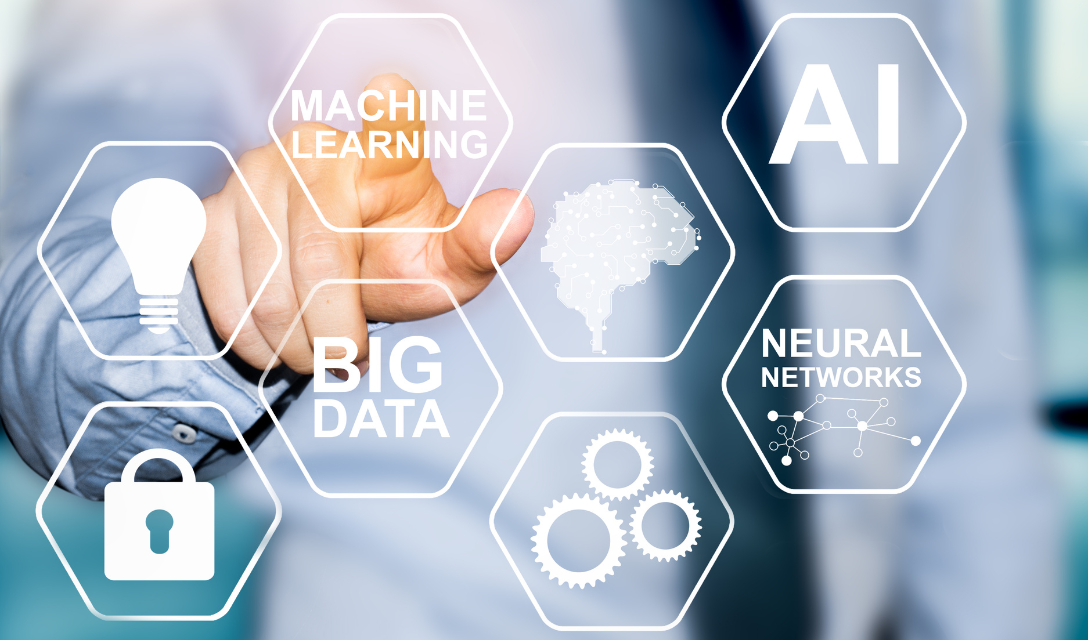Artificial Intelligence (AI) has swiftly become a central piece in the digital transformation puzzle. Its capability to automate routine tasks, derive insights from massive datasets, and enhance decision-making processes has propelled it to be a critical business enabler across industries. As we continue to blaze our trail into the AI jungle, it's vital to examine the impacts of AI on enterprise platforms and take a deep dive into the industry trends shaping this space.
Impacts of Artificial Intelligence on Enterprise Platforms:
1. Intelligent Automation:
AI, coupled with robotic process automation (RPA), is creating a new paradigm known as intelligent automation. This combination enables the automation of complex tasks that require a certain level of decision-making, which was traditionally the domain of human intelligence. Enterprises are utilizing AI to not just automate repetitive tasks but to mimic human intelligence, thereby driving efficiencies across processes and operations.
2. Enhanced Customer Experiences:
AI's role in enhancing customer experiences cannot be overstated. From chatbots providing 24/7 customer service to personalized marketing driven by AI algorithms, businesses are leveraging AI to transform their customer interactions. Companies like Spotify and Netflix use AI to tailor content recommendations based on individual user preferences, resulting in more engagement and customer satisfaction.
3. Data-driven Decision Making:
AI-powered analytics can parse through vast amounts of data to draw actionable insights, aiding strategic decision-making. Predictive analytics, powered by AI, can foresee trends, consumer behavior, and potential bottlenecks, equipping businesses with a forward-looking perspective.
4. Improved Security:
AI is a game-changer in cybersecurity. It can identify patterns and anomalies in network traffic, predict potential security threats, and even respond to breaches faster than humanly possible. This proactive approach to security is crucial in an era where cyber threats are increasingly sophisticated.
Emerging AI Trends:
1. Augmented Analytics:
One of the hottest trends in AI is augmented analytics, where AI is used to enhance data analytics processes. Gartner predicts that by 2025, data stories will be the most widespread way of consuming analytics, and 75% of those will be automatically generated using augmented analytics techniques.
2. AI-Enabled Chips:
Tech giants like Google, Amazon, and Nvidia are investing in AI-enabled chips designed to optimize tasks such as machine learning and neural network processing. These chips are faster, more energy-efficient, and more suitable for handling complex computations required by AI algorithms.
3. Explainable AI (XAI):
The push for AI transparency is leading to the rise of Explainable AI. XAI provides clear, understandable explanations about the outcomes of AI models, fostering trust among users and decision-makers. This trend is critical given the increasing regulatory scrutiny around AI use.
4. Federated Learning:
A new approach to machine learning, federated learning allows AI models to be trained on decentralized devices or servers holding local data samples, without the need to exchange them. This model helps maintain privacy and security while benefiting from shared learning.
Conclusion:
The integration of AI in enterprise platforms is not just an evolutionary step in digital transformation but a key driver of competitive advantage, innovation, and growth. As these trends continue to evolve, enterprises that keep pace will undoubtedly be better positioned to face future challenges. However, it's crucial to also consider ethical and societal implications, including data privacy and job displacement, to ensure AI is utilized responsibly and equitably.

